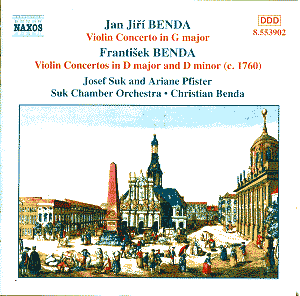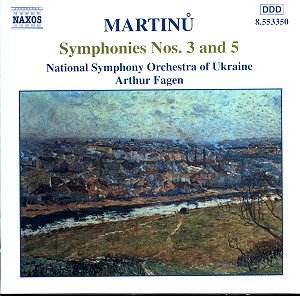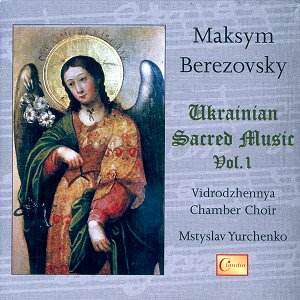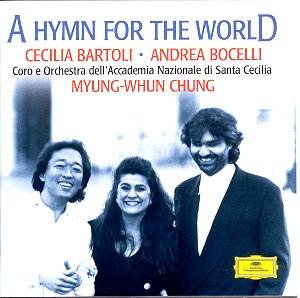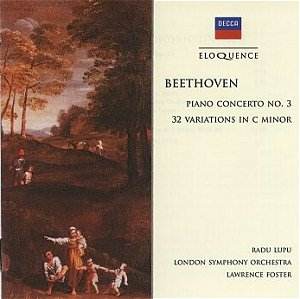 Composer: Ludwig van Beethoven
Composer: Ludwig van Beethoven
Works: Piano Concerto No. 3 in C minor, Op. 37; 32 Variations on an Original Theme, WoO 80
Performers: Radu Lupu (piano), London Symphony Orchestra, cond. Lawrence Foster
Recording: 1971
Label: DECCA
Ludwig van Beethoven’s Piano Concerto No. 3, composed in the early 19th century, represents a pivotal moment in the evolution of the piano concerto. Born from the tumult of the late Classical era, it embodies the tension between tradition and innovation. Drawing inspiration from Mozart, particularly his K491, Beethoven’s Third Concerto delves into a darker emotional landscape, encapsulating the struggles of its time. This recording by Radu Lupu, a distinguished interpreter of Beethoven’s oeuvre, alongside the London Symphony Orchestra under Lawrence Foster, offers a glimpse into the complexities of this monumental work.
Lupu’s interpretation of the concerto is marked by a blend of fiery intensity and thoughtful lyricism. The first movement unfolds with an urgent dialogue between piano and orchestra, where Lupu’s crisp articulation of the rapid passagework contrasts beautifully with the lush orchestral backdrop. His command over dynamics is evident, especially in the striking pianissimo of the timpani that punctuates the cadenzas. The atmospheric quality achieved here speaks to the engineering finesse of the recording, capturing the distinct yet distant timbre of the orchestral forces. The occasional anonymity of the orchestral contribution, however, detracts from the overall impact; while the London Symphony Orchestra provides a polished performance, it lacks the character that a more individualized interpretation might bring.
The slow movement, marked by its hymn-like quality, showcases Lupu’s ability to navigate the remote key of E major with both tenderness and strength. His phrasing is imbued with a sense of longing, a testament to Beethoven’s emotional depth. Lupu’s rubato is judicious, allowing for moments of reflection without sacrificing forward momentum. As the finale erupts into a spirited C minor, Lupu exhibits remarkable agility and responsiveness, deftly handling the intricate interplay of themes that Beethoven weaves throughout. The brilliance of his technique is matched by a keen interpretative insight, illuminating the composer’s complex emotional landscape.
The coupling of the Piano Concerto with the 32 Variations on an Original Theme provides an intriguing contrast. These brief variations, while less celebrated, are executed with verve and clarity. Lupu’s approach is characterized by a sense of urgency, driving through the material with determination that propels the listener forward. The variations, though concise, reflect Beethoven’s inventive spirit, and Lupu’s dynamic shifts create a compelling narrative arc, even within their brevity. However, the decision to include them alongside the concerto feels somewhat underwhelming, as their collective duration leaves the listener wanting a more substantial complement to the concerto’s profound exploration of themes.
The recording quality holds up remarkably well for its time, with a clarity that allows the listener to appreciate the subtleties of Lupu’s performance. The engineering captures the orchestral textures effectively, although one occasionally yearns for a greater sense of presence from the ensemble, particularly in the more dramatic passages. Lupu’s 1971 recording stands as a testament to his artistry, yet it invites comparison with more recent interpretations that may offer a richer orchestral palette or innovative insights into Beethoven’s intentions.
Radu Lupu’s performance of Beethoven’s Piano Concerto No. 3 is a distinguished addition to the canon of recorded interpretations. While the orchestral accompaniment may not always rise to the occasion, Lupu’s pianism shines with clarity, emotion, and technical prowess. This recording not only preserves a significant moment in Lupu’s discography but also serves as a reminder of Beethoven’s genius—a composer who, even in the depths of struggle, found a voice that resonates through the ages.
